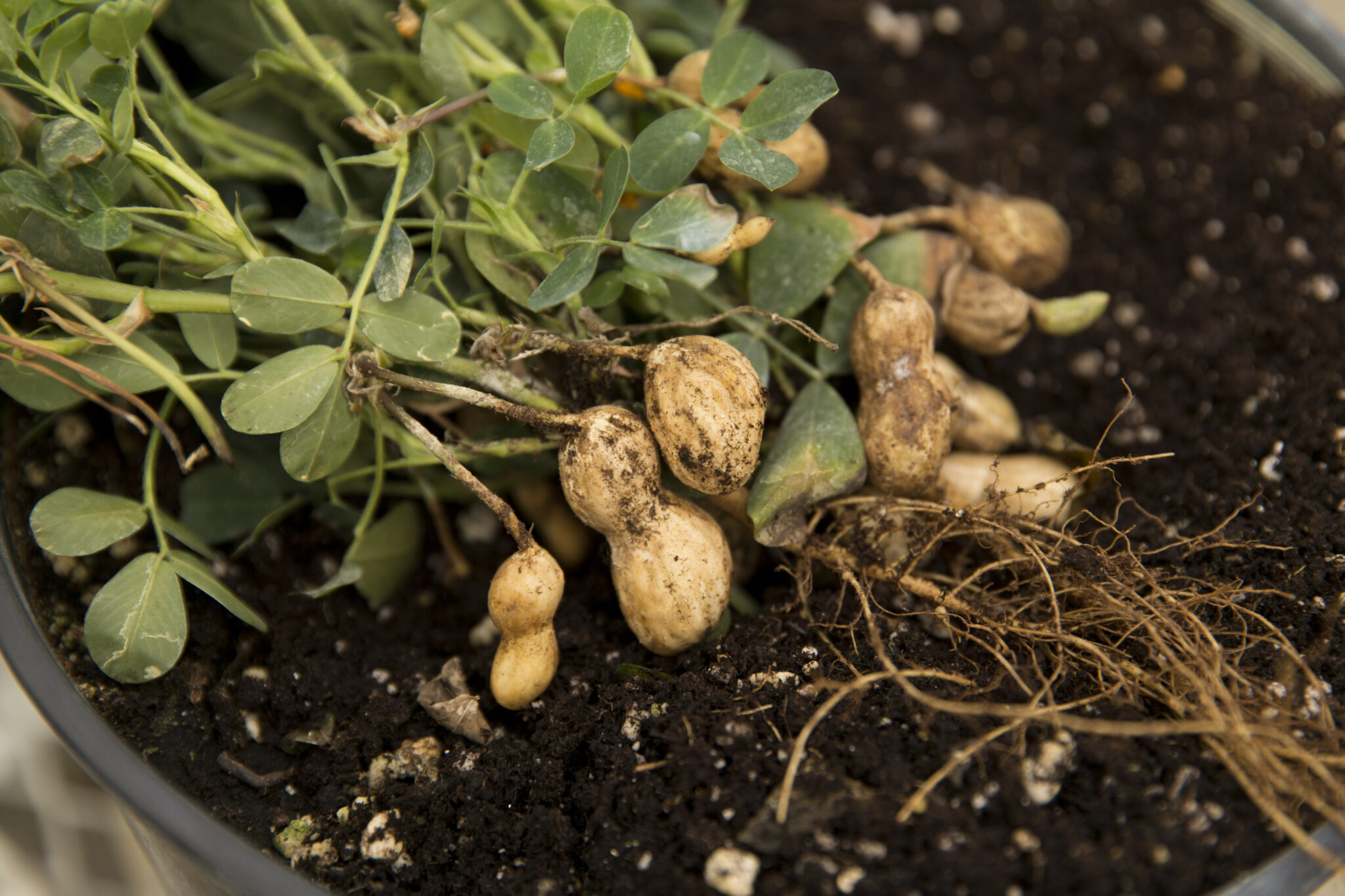UGA and ProLinia have successfully, and to much media attention, cloned calves in the past. But these are the first pigs.
"Overall, the births were a major breakthrough and a success," said Steve Stice, UGA CAES professor and Georgia Research Alliance eminent scholar with the UGA animal and dairy science department. He is the chief scientific officer of ProLinia. "The discoveries made during the process will be useful in improving efficiencies for future efforts."
Adjustments
Lead researcher and ProLinia principal scientist Scott Pratt directed many changes during the course of the pig cloning project. More is generally known about cattle reproductive systems than those of pigs. Many adjustments were necessary."Less is known about how to culture embryos, for instance," Pratt said.
The cloned embryos also have to be surgically implanted into the recipient sows. This is challenging, too. Researchers are attempting to develop techniques to avoid surgery in the future.
Commercially Viable
"ProLinia will take this research and the clones straight to the commercial industry in order to improve the overall breeding stock of large-scale producers," Wanner said.The piglets were cloned using cells (skin tissue) from a boar in the commercial breeding operation of Smithfield Foods, Inc.
Smithfield is the largest hog producer in the world. It owns and operates hog farms with about 700,000 sows in North Carolina, South Carolina, Virginia, Utah, Colorado, Texas, Oklahoma, South Dakota, Missouri, Illinois, Mexico, Brazil and Poland.
By design, the pork industry can use this kind of research and easily take advantage of improved genetics, said Larry Benyshek, head of the CAES ADS department.
Artificial insemination is primarily used in the pork industry, Benyshek said. However, boar semen doesn't freeze, which is different from cattle. So, fresh semen must be used.
There is "a need for duplicate individual boars to be placed in different regions, making access to fresh semen of common genetics easier for individual producers or corporate pork producers," Benyshek said. "The major benefit of cloning will be to extend the impact of individuals of superior genetic merit."
Next Step
The next step for the pigs will be catching up with the beef. UGA's most recently cloned calf, K.C., was cloned from a slaughtered cow that had been selected for its quality. In the future, UGA and ProLinia hope to do this with pigs."We will be collecting cells from pig carcasses that have already been selected for their quality," Stice said.
Cloning promises to provide a more consistent quality product to consumers, Stice said. Using pig cloning, it is estimated, could save some in the pork industry $5 to $15 per pig.
The Agreements
The technology used to clone the pigs will be patented by UGA but licensed exclusively to ProLinia. The UGA Research Foundation provides ProLinia access to UGA laboratories and facilities.Smithfield has a minority stake in ProLinia. However, ProLinia is allowed to sell cloned animals to other large-scale producers.
"We can and will advance the work we are doing for other large- scale producers in the hog industry," Wanner said.
(EDITOR'S NOTE: The piglets and various ProLinia cloned cattle, including KC, will be on display and available for photographers at the Edgar Rhodes Animal and Dairy Science Large Animal Research Unit at the University of Georgia from 3 p.m. to 5 p.m. on Thursday, June 27. Contact Chuck Toney at (706) 583-0370 or ctoney@uga.edu.)






